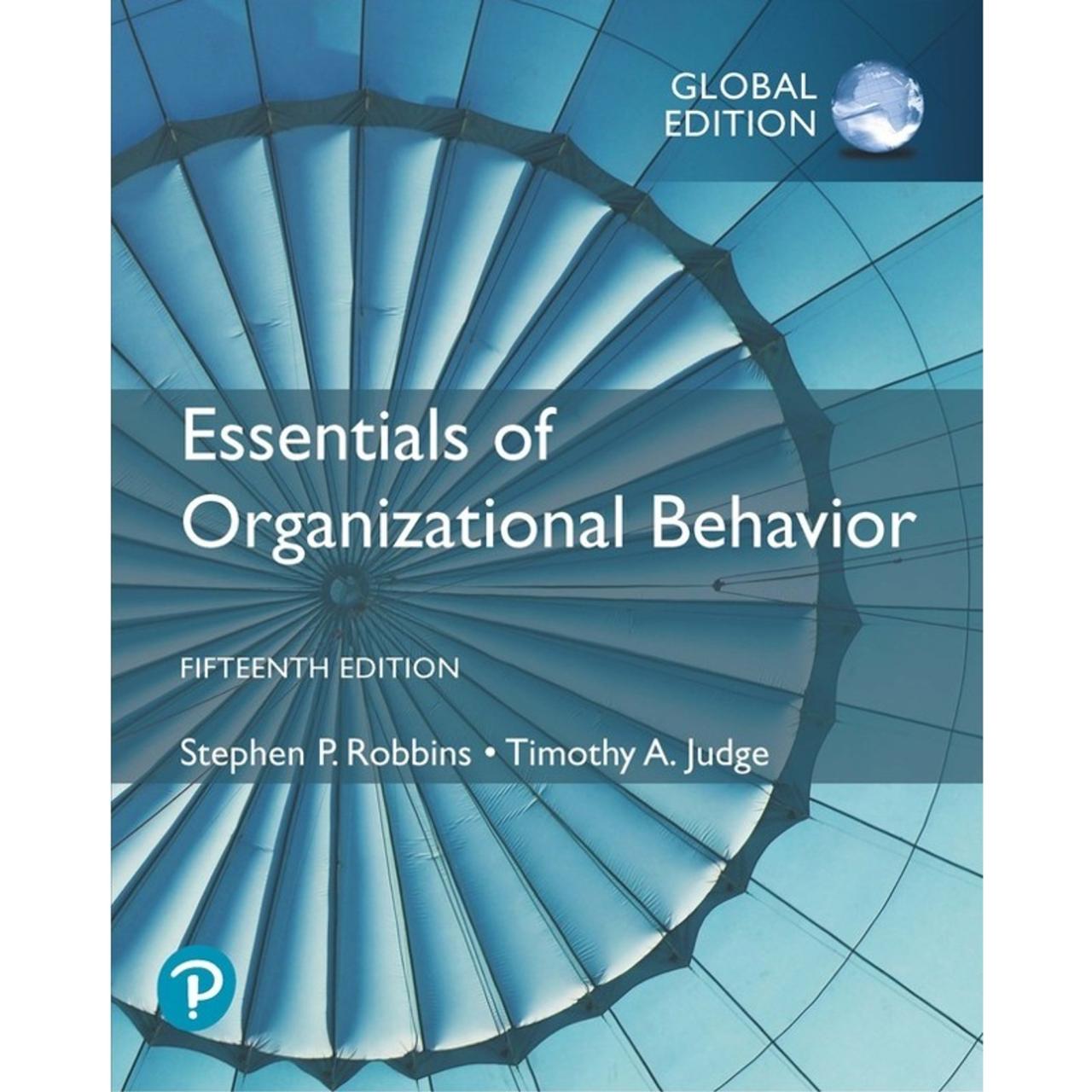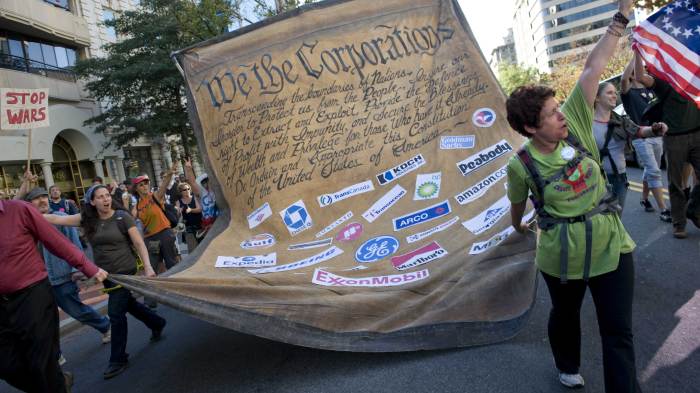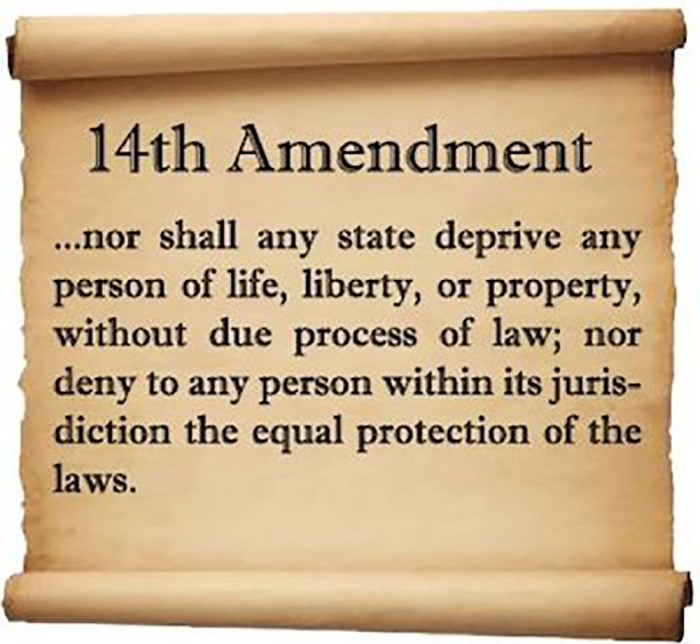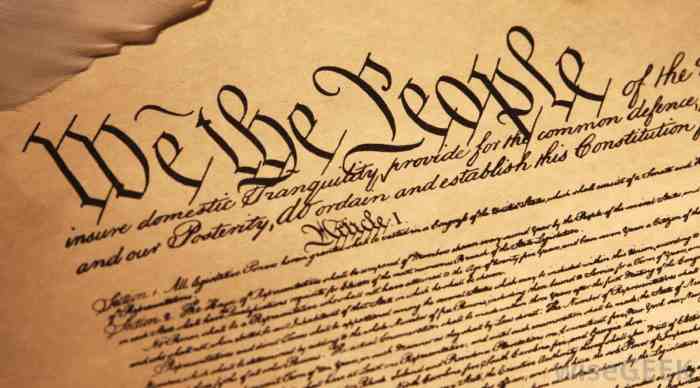We the people 14th essentials edition – In the realm of American jurisprudence, few phrases hold greater significance than “We the People.” This profound declaration, etched into the preamble of the U.S. Constitution, encapsulates the fundamental principles upon which the nation was founded and has served as a guiding light for generations.
“We the People, 14th Essentials Edition” delves deeply into the historical, legal, and contemporary implications of this seminal concept, providing a comprehensive analysis of its role in shaping the American democratic experiment.
Throughout history, “We the People” has been interpreted in diverse ways, reflecting the evolving nature of American society. From its origins as a declaration of unity and self-governance to its expansion through the Fourteenth Amendment, this phrase has played a pivotal role in defining the boundaries of citizenship and protecting individual rights.
In contemporary discourse, “We the People” continues to be invoked by political actors and citizens alike, both to promote unity and to challenge perceived injustices.
Definition of “We the People”

The phrase “We the People” serves as the preamble to the United States Constitution, signifying the foundational principles of the nation’s democratic government. It represents the collective voice of American citizens, asserting their inherent power and authority in shaping the nation’s laws and policies.
Historically, the phrase emerged during the American Revolution as a rallying cry for colonists seeking independence from British rule. It expressed the idea that all citizens, regardless of their social status or origin, possessed equal rights and the ability to participate in the governance of their society.
Examples of Interpretations, We the people 14th essentials edition
- The phrase has been interpreted to include all citizens, regardless of race, gender, or socioeconomic status.
- It has also been interpreted to represent the collective will of the majority, rather than the interests of specific groups or individuals.
- In recent times, the phrase has been invoked to promote both unity and division, depending on the context and political agenda.
The inclusion of “We the People” in the Constitution’s preamble holds immense significance. It establishes the notion of popular sovereignty, where the government derives its power from the consent of the governed. This principle forms the cornerstone of American democracy and ensures that the government remains accountable to its citizens.
The Fourteenth Amendment and “We the People”

The Fourteenth Amendment, adopted in 1868, significantly expanded the definition of “We the People” by extending citizenship and civil rights to all persons born or naturalized in the United States, including former slaves. This amendment played a pivotal role in shaping the nation’s understanding of equality and individual rights.
Role of the Amendment
- The amendment’s due process clause prohibits states from depriving individuals of life, liberty, or property without due process of law, thus safeguarding citizens from arbitrary or unjust government actions.
- The equal protection clause guarantees that all persons within the jurisdiction of the United States are entitled to equal protection under the law, regardless of their race, gender, or national origin.
Examples of Usage
- The Fourteenth Amendment has been used to strike down laws that discriminate against specific groups, such as the landmark case of Brown v. Board of Education (1954), which outlawed racial segregation in public schools.
- It has also been used to protect the rights of criminal defendants, ensuring that they receive fair trials and are not subject to cruel and unusual punishment.
The Fourteenth Amendment’s expansion of “We the People” has had a profound impact on American society, ensuring that all citizens enjoy equal rights and protections under the law.
“We the People” in Contemporary Society

The phrase “We the People” continues to be a potent force in modern political discourse, often invoked to appeal to a sense of national unity or to rally support for specific policies or causes.
Different Interpretations
- Some view the phrase as a symbol of inclusion, representing the collective voice of all Americans.
- Others interpret it as a tool for exclusion, arguing that it has historically been used to justify the oppression of marginalized groups.
Implications for Public Policy
The phrase’s ambiguity has allowed it to be used to support a wide range of political agendas, both progressive and conservative. For example, it has been invoked to promote social welfare programs, tax cuts, and restrictions on immigration.
Promoting Unity and Division
The phrase “We the People” can be a powerful tool for fostering unity and social cohesion. However, it can also be used to create divisions and promote fear and distrust of outsiders.
“We the People” and the Future of Democracy

The concept of “We the People” faces significant challenges in the 21st century. Technological advancements, globalization, and demographic changes are reshaping the meaning and implications of the phrase.
Challenges
- Technology and social media have created new platforms for political discourse, potentially amplifying both unity and division.
- Globalization and immigration have made it more difficult to define who is considered part of “We the People.”
- Demographic changes, such as the aging population and the increasing diversity of the nation, are also shaping the interpretation of the phrase.
Ideas for the Future
To ensure that “We the People” remains a vital part of American democracy, it is essential to:
- Promote civic education and encourage active participation in the political process.
- Foster a culture of respect and tolerance, embracing diversity and inclusion.
- Develop policies that reflect the changing demographics and needs of the nation.
By addressing these challenges and embracing the principles of equality, unity, and inclusion, we can ensure that “We the People” continues to be a guiding force in American democracy.
Commonly Asked Questions: We The People 14th Essentials Edition
What is the historical context of the phrase “We the People”?
The phrase “We the People” first appeared in the Declaration of Independence in 1776, where it was used to assert the sovereignty of the American people and their right to self-governance.
How did the Fourteenth Amendment expand the definition of “We the People”?
The Fourteenth Amendment, ratified in 1868, granted citizenship to all persons born or naturalized in the United States, regardless of race or previous condition of servitude. This significantly expanded the scope of “We the People” and enshrined the principle of equal protection under the law.
In what ways is the phrase “We the People” used in contemporary political discourse?
In contemporary political discourse, “We the People” is often invoked to promote unity and consensus. However, it can also be used to challenge perceived injustices and to advocate for specific policy positions.